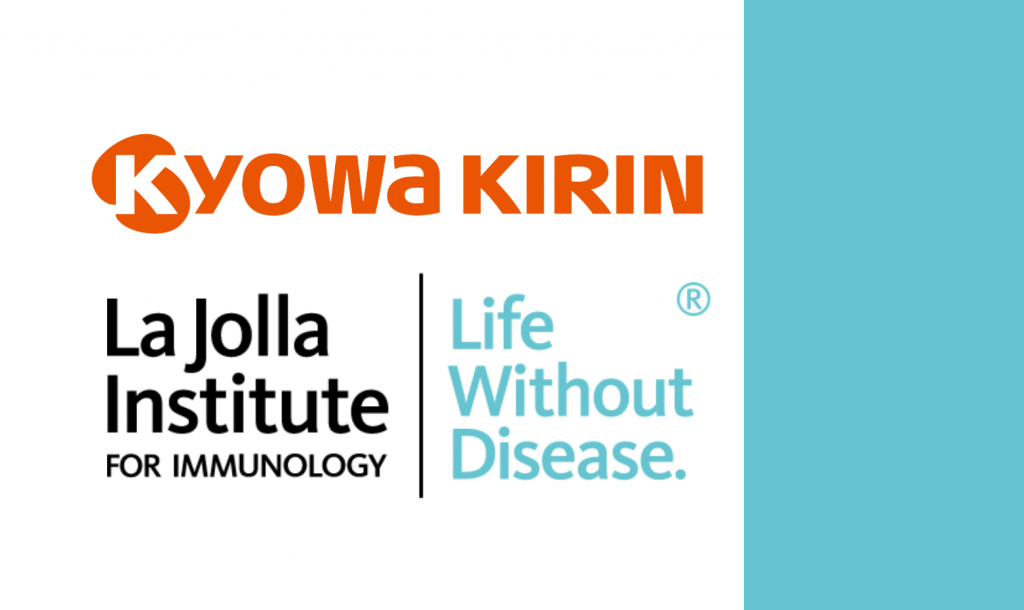LA JOLLA—Researchers are about to welcome a new one-stop shop for crucial information on how the immune system targets cancers. The National Cancer Institute (NCI) of the National Institutes of Health has granted over $4.2 million to launch the Cancer Epitope Database and Analysis Resource (CEDAR), led by La Jolla Institute for Immunology (LJI) Professors Alessandro Sette, Dr. Biol. Sci., and Bjoern Peters, Ph.D.
“We are grateful that the National Cancer Institute has recognized the need for this kind of infrastructure to fuel research in the field,” says Peters.
Cancer immunotherapies, which consist of vaccines or checkpoint blockade inhibitors, unleash the immune system’s T cells to find and kill cancer cells. The strategy has proven effective in some patients, but many cancers still evade therapies.
With CEDAR, researchers will have a free, easily searchable database of potential immune system targets on a huge range of cancer cells. Importantly, any scientist in the world will be able to contribute their data, which will be curated by a dedicated LJI team.
“CEDAR is an important step forward for everyone working in cancer immunotherapy,” says Sette. “There has been, in the last few years, an explosion of interest and progress in the field of cancer immunotherapy with the checkpoint blockade inhibitors, and renewed enthusiasm for personalized cancer vaccines based on particular mutations that occur in each cancer patient. There is a real need for a centralized resource that integrates all these new data and experiments.”
For the National Cancer Institute, CEDAR is a significant milestone for the Informatics Technology for Cancer Research program, an effort launched in 2012.
“The National Cancer Institute is working to encourage development of informatics resources to support cancer research across the board,” says Jerry Li, M.D., Ph.D., Program Director of the National Cancer Institute’s Division of Cancer Biology, Structural Biology and Molecular Applications Branch.
LJI Professor Stephen Schoenberger, Ph.D., a member of the Institute’s Center for Cancer Immunotherapy, has advocated for the launch of a centralized cancer immunology database such as CEDAR. He says the new resource will help scientists both predict and validate which cancer neoantigens are important to target in individual patients.
“I think CEDAR will prove to be an invaluable resource for the community of researchers interested in both basic insights into the immuno-biology of cancer, as well as clinicians interested in more effective targeting of tumors,” says Schoenberger.
Building on LJI expertise
Sette and Peters have experience bringing together researchers for a project of this scale. In 2003, the pair launched the Immune Epitope Database (IEDB), which is funded by the National Institute of Allergy and Infectious Diseases (NIAID). The IEDB is home to a wealth of well-curated data on health threats from HIV to SARS-CoV-2.
“The IEDB has been curating epitopes related to autoimmunity, allergy, infectious diseases and transplantation, but we had not integrated a cancer dimension,” says Sette.
Peters says the LJI team will apply the expertise and algorithms they developed for the IEDB—and the years of user feedback—to strengthen CEDAR.
“To launch the same effort for cancer that we’ve done for immune system findings in the IEDB is really a breakthrough,” adds Peters. “It will be great to have these resources under the same roof.”
“We’re glad to see that the CEDAR project can leverage that database and the researchers’ expertise,” Li adds.
LJI Instructor Zeynep Koşaloğlu-Yalçın, Ph.D., and LJI Project Manager Nina Blazeska are working to get CEDAR up and running.
Koşaloğlu-Yalçın is leading the tool development team, which will establish computational tools to analyze and predict cancer epitopes that are easily accessible, not only to bioinformaticians but also to cancer researchers and clinicians. Koşaloğlu-Yalçın’s team will incorporate user feedback to ensure that the tools meet researchers’ needs and are intuitive to use. “We will also make these tools freely available,” says Koşaloğlu-Yalçın. The team will also use the data housed in CEDAR to evaluate and benchmark existing tools and to develop methods to better predict targets that are likely recognized by immune cells.
Blazeska is coordinating the five different teams that will make CEDAR a powerful resource: the scientific curators, the outreach team, the database query and reporting team, tool development and IT infrastructure. She explains that capturing cancer data may require a slightly different approach to the team’s ongoing infectious disease work. For example, new data fields will need to be added for curation, such as cancer stages I – IV, to ensure that CEDAR captures all relevant data for the cancer community. Input from cancer specialists will be imperative throughout the planning and development process for this reason.
“We need to focus on having a strong foundation,” says Blazeska. “We’re all excited. This was years in the making.”
This is NCI grant number U24CA248138.
###





